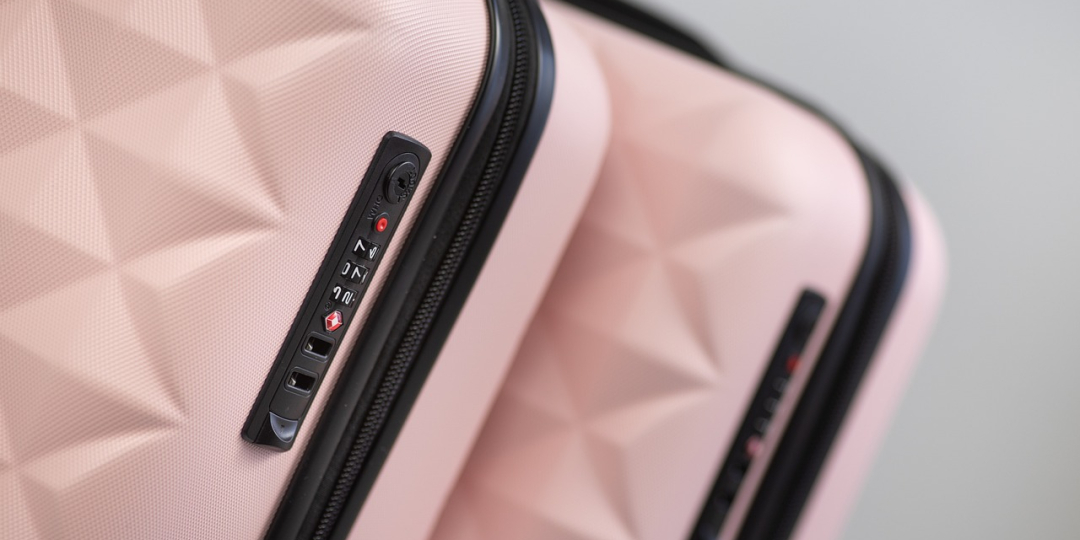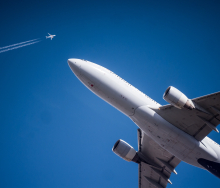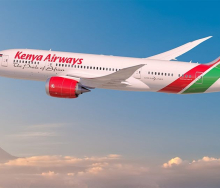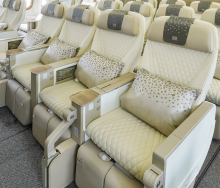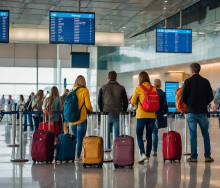FlySafair has clarified its policies on luggage management and explained that airlines are unable to protect a customer’s luggage throughout the process at an airport.
Which was why, under the guidance of Iata resolutions, airlines had adopted a process of limited liability, said Chief Marketing Officer of FlySafair, Kirby Gordon.
Gordon, in a discussion with Travel News’ inbound sister publication, Tourism Update, also raised concerns around the maintenance of the baggage sorting equipment belonging to airport operator Acsa, some of which equipment is intended to prevent damage to bags in their journey to the aircraft. He pointed out that airlines had no part in the management of this equipment, and further said the damaged-baggage complainants at ORTIA should be talking to Acsa, not airlines.
This comes after a passenger released a press statement slamming the airline for damaging her luggage and “evading responsibility”.
The passenger’s viewpoint
Working through her public relations company, the passenger, Michelle K Blumenau, sent a scathing press release to a number of media, highlighting that when handing their luggage over at check-in, travellers may believe that if anything happens to their luggage, FlySafair will take responsibility. The airline does not.
According to her, she had purchased a new suitcase (an expensive brand) the day before her trip to Cape Town. Upon arrival at the baggage carousel at Cape Town International Airport, she claims she found her bag destroyed. She holds FlySafair responsible.
Blumenau elaborated: “It was the first bag to come off the carousel. It looked like it had exploded. I had not owned the new bag for 24 hours! The handle no longer worked, the metal inner lining was mangled and the zips were ripped. It was so badly damaged it could not be repaired. This is not a matter of a broken wheel or a strap coming loose, my suitcase was destroyed.”
Blumenau submitted the claim at airport arrivals, pointing out that she had received a letter from FlySafair highlighting the following: “We regret to inform you that your claim has been declined concerning our T&Cs. We will not be proceeding any further with the claim.”
In her press statement, she noted that passengers should be aware of FlySafair’s terms and conditions which state: “You accept and agree that the processing of your luggage is managed by several parties other than FlySafair, and that while we will utilise all care, diligence and skill at our disposal to look after your items we can only accept a limited liability for any losses or damages.”
The T&Cs highlight further that FlySafair will not be liable for damage to passengers or any checked-in luggage “unless such damage is caused by our negligence and such passenger or such luggage was within our control or custody”.
Blumenau concluded: “I suggest you fly another airline or if you are flying with FlySafair make sure you have baggage insurance.”

The airline’s response
Gordon told Travel News he appreciated that Blumenau had quoted the airline’s terms and conditions as they served to give some context to the situation at hand.
He expanded further, “As a business it makes sense that we accept liability for consequences of risks that we can manage. For example, we can 100% manage the state of an aircraft seat, so if a seat is broken, that's on us and any customer inconvenienced by that will get full compensation.”
But, said Gordon, luggage management was different. “We collect customers’ bags and then we (and all other airlines) have to surrender them to the systems at the airport where the luggage is screened and sorted by parties that airlines do not employ and do not manage directly.”
The people handling the bags were employed or contracted by the airport management company – Acsa in this instance. They were processed on automated baggage sortation systems owned, managed, and maintained by other parties, emphasised Gordon.
“Unfortunately, things do happen to luggage when it is moved through those processes. There have been instances of human tampering and there are certainly instances where the mechanical processes damage luggage. For example, there is a point in the luggage sortation system where bags drop a long way. The system is designed to have specialised bump pads and arrester curtains to slow the fall of luggage.
“As an airline we have no way to manage the maintenance of these systems to ensure that people's property is not damaged,” said Gordon.
He highlighted that FlySafair had accepted limited liability and had compensated Blumenau in accordance. Blumenau acknowledged that she had received close to a quarter of the value of her damaged bag.
Gordon commented: “In line with this, it’s a little unreasonable to circulate a slanderous release implicating that we wilfully destroy luggage and evade responsibility. We’ve destroyed nothing and have paid as per the accepted terms and conditions of booking and carriage.”
However, Gordon said this incident had, yet again, brought to light to an important topic - the maintenance of the infrastructure in the environment in which airlines operated.
“Ms Blumenau asks no questions of the airport to whom she pays airport taxes, although these fees are collected by airlines. It stands to reason that we, as airlines have some concerns about this infrastructure.”
